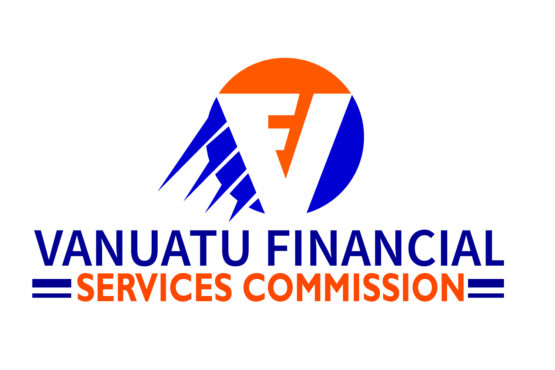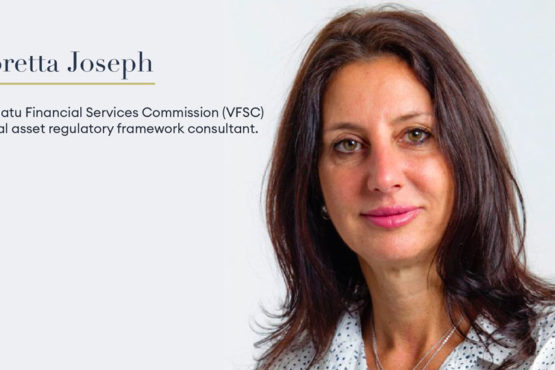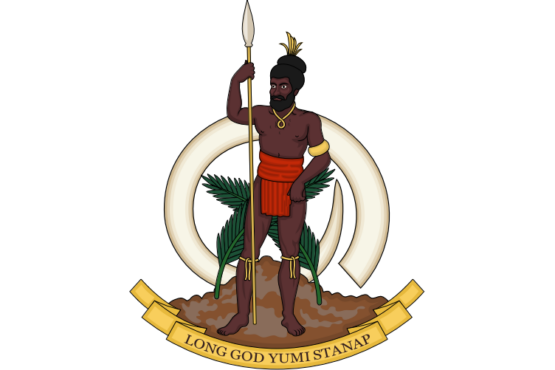Vanuatu financial law is in line with world standards, FMA report says
When compared with leading jurisdictions around the world, Vanuatu’s regulatory regime more than holds its own; only a few moderate improvements would bring the industry to the next level, according to a comparative report sponsored by FMA Vanuatu.
Our trade group worked with a Singapore legal firm to gather insight from nine benchmark jurisdictions, both onshore and offshore, and conduct interviews with an array of industry participants in order to assess the international standing of Vanuatu’s Financial Dealer License (FDL) program. And the results are more than encouraging.
FDL holders are typically online brokers of OTC derivatives. They are regulated by the Vanuatu Financial Services Commission (VFSC) and operate under the Financial Dealers Licensing Act.
Enacted in 2018 after an extensive legislative overhaul by the government to bring the country on par with global standards, that law was amended last year to add a physical presence requirement, with at least one company executive working from Vanuatu.
Meeting physical presence is a must
Sections 6(1)(c)(iv) and 6(2)(c)(vi) of the law explicitly prohibit a grant of an FDL license to any applicant unless the applicant establishes an office in Vanuatu with management system in place and appoints a natural person as manager or director.
All 145 current license holders have until October 15 of this year to comply or they won’t be able to do business in the country. The regulator published a set of extensive guidelines last fall to help them proceed.
Up there with the best
These continuing efforts by Vanuatu legislators and the VFSC have paid off, the FMA report basically says.
Based on six topical areas, the authors conclude that Vanuatu’s financial regulations for online brokers are for the most part comparable to those found in Australia, the Bahamas, Belize, the BVI, Cyprus, Labuan, Mauritius, Seychelles and Singapore.
The VFSC’s requirements for FDL applicants are deemed adequate, including admission standards (minimum initial capital, security deposit, anti-money laundering processes, track record of company executives and beneficiaries); prudential standards (on-going capital, insurance); business conduct standards (marketing, customer due diligence, safeguards against market misconduct and conflicts of interest, safeguarding of client assets, provision of account statements); business supervision standards (annual account auditing, annual anti-money laundering auditing); and record keeping standards.
Vanuatu actually outdoes other jurisdictions in a few respects. For instance, the legislators’ decision to authorize the dealing of cryptocurrencies and other digital assets as part of last year’s amendment to the law was viewed as a “positive development […] as this is an area of growth in the finance industry.”
Minor work to be done
A few areas for improvement remain, according to the authors. They suggest a fast track for applicants who are already licensed in other jurisdictions, in order to ease the burden of a resource-starved VFSC; allowing a licensee’s capital reserve to be met by funds held in foreign banks; setting up a dedicated complaint handling and redress system for retail investors, in order to foster their confidence; and relaxing Vanuatu’s ban on the domestic use of cryptocurrencies.
Download the report below
Photo by Mauro Gigli on Unsplash









